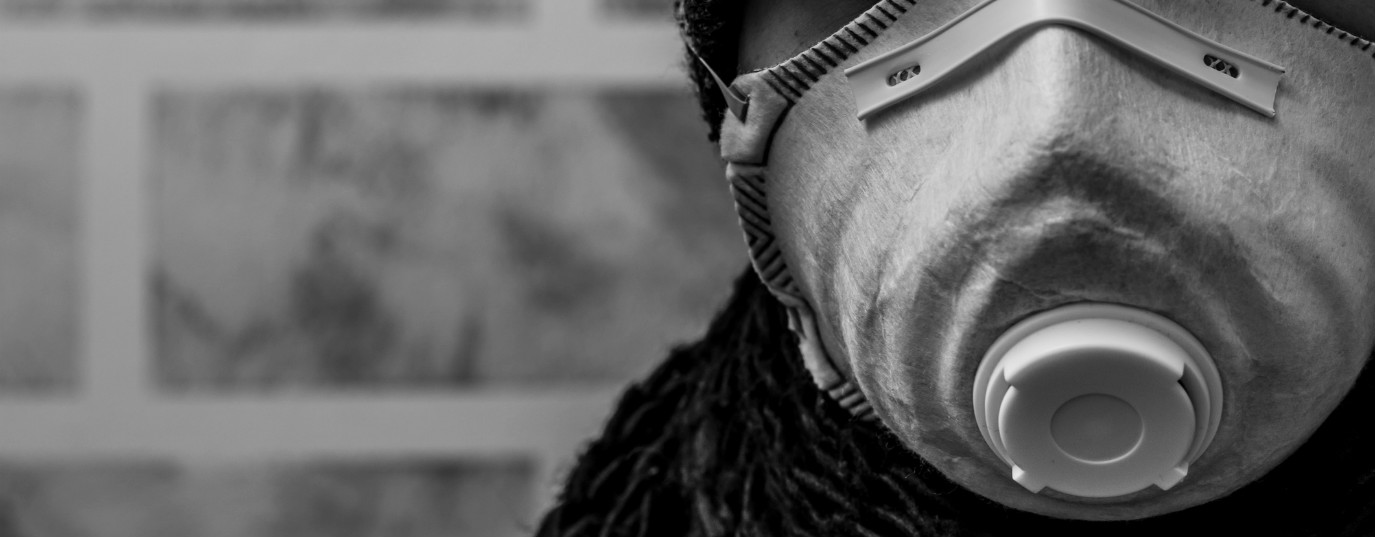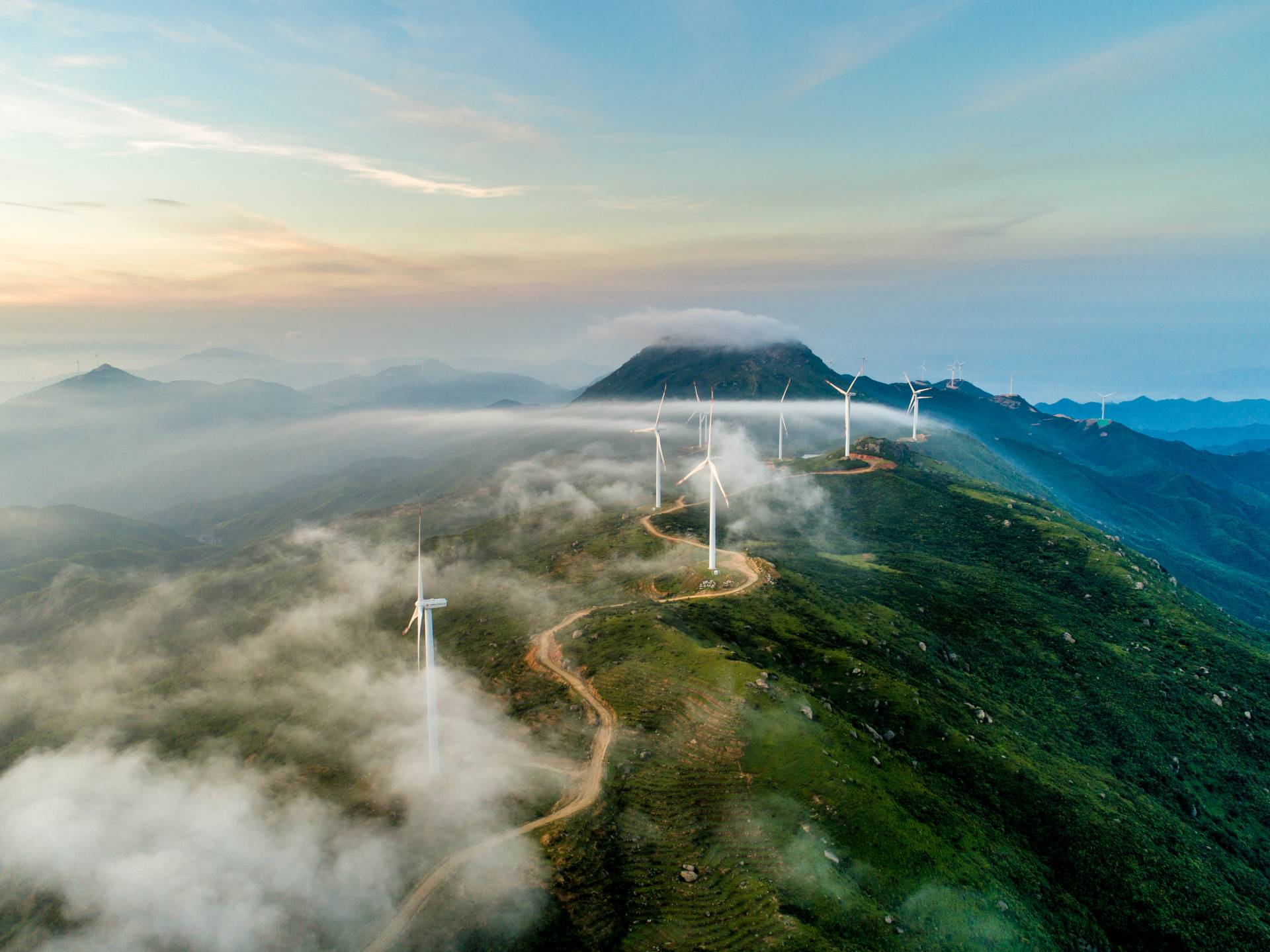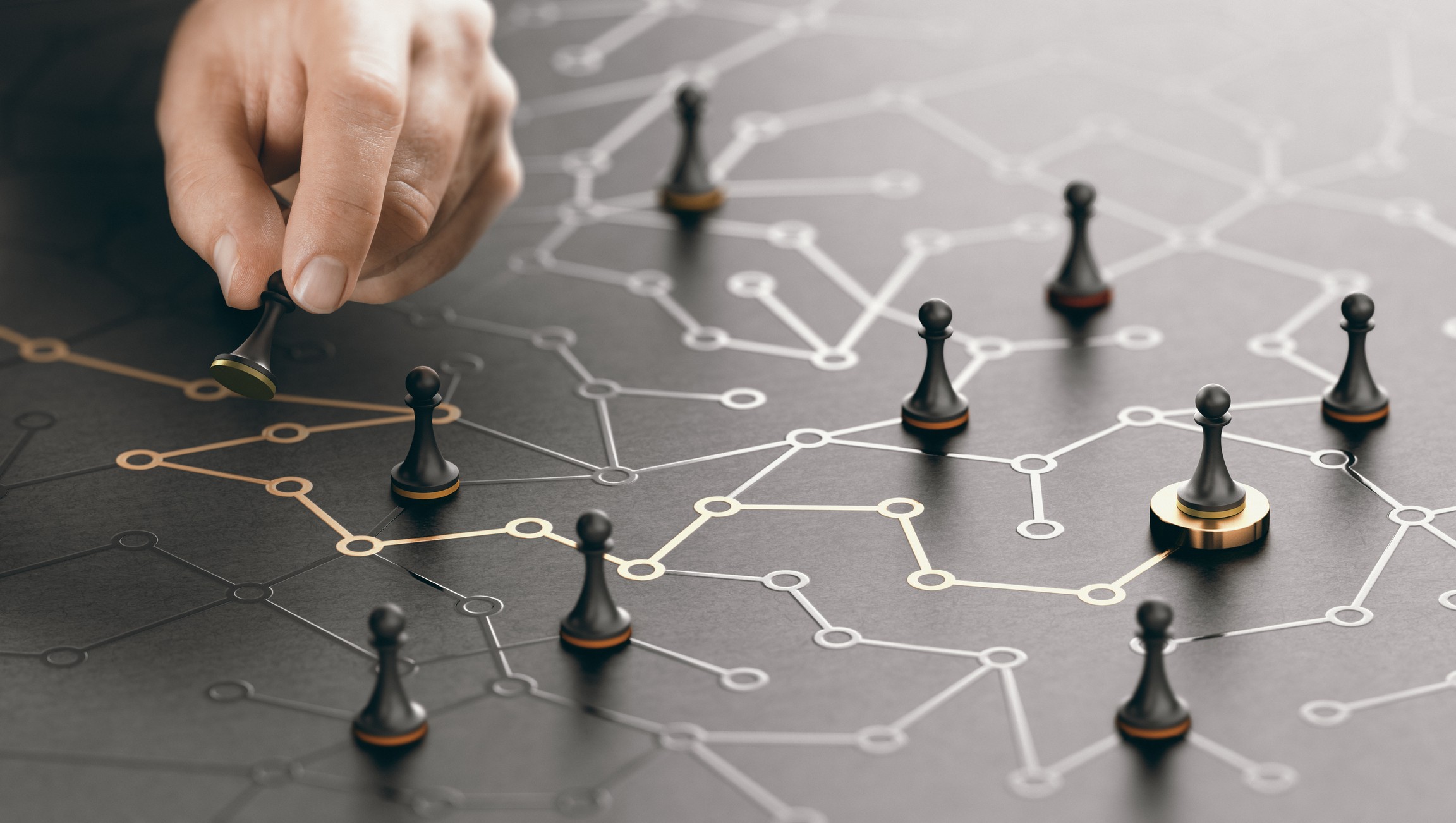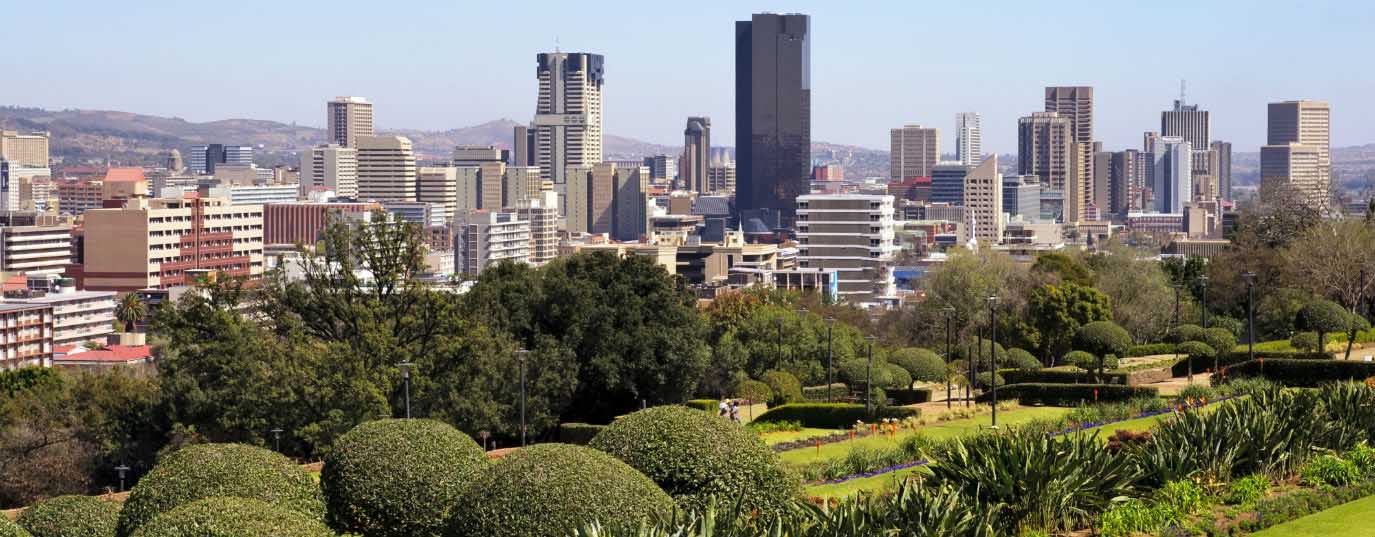Climate inequality: How can we create a more equitable planet?
Inequality between countries may become even more pronounced if we do not do anything to curb the effects of climate change. It is everyone's responsibility to build a sustainable and resilient planet so that we can curb climate inequality.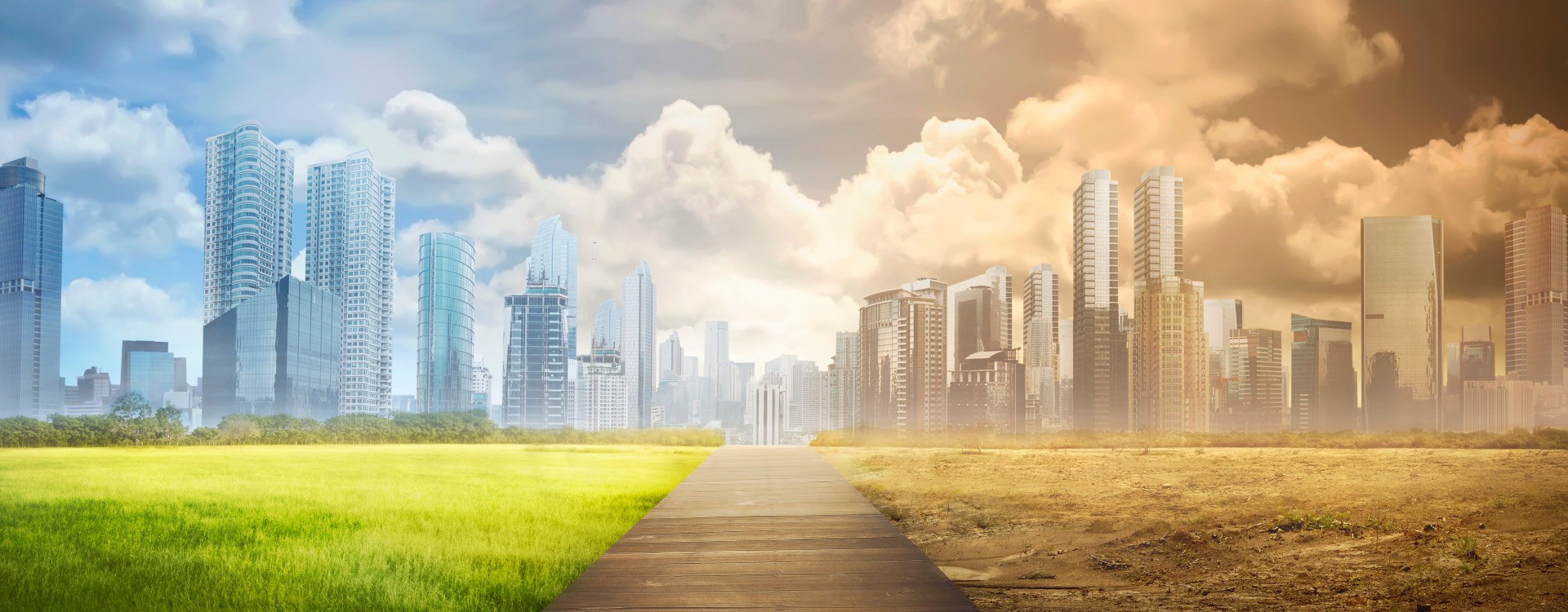
Progress, economic growth and generation of wealth have always been linked to the exploitation of nature. The current production and management model of resources, goods and services is leading the planet to an unsustainable situation, as well as significantly increasing inequality. In August, our demand for natural resources since the beginning of the year overshot what the planet has the capacity to regenerate in the remainder in 2020.
However, it is neither produced nor consumed equally around the world. Inequality is also an underlying factor affecting the growth potential of the poorest countries, how resources are consumed in the richest countries and dependency on fossil fuels, among other factors. Furthermore, the effects of climate change are much more noticeable in countries with fewer resources, further increasing inequality.
Despite the different scenarios, we are faced with one single reality: we all share the same planet and we all need to look after it. Sustainable development involves promoting economic growth that generates equitable wealth for everyone without damaging the environment. To achieve this, governments, businesses and citizens must come together to take transformative action now, taking steps such as drawing up a plan to achieve carbon neutrality.
Climate inequality extremes
The World Bank estimates that the profit made from exploiting non-renewable resources (mineral and fossil fuels), and over-exploiting forests alone, contributes to 2.5 % of world economic output, i.e. USD 2.2 trillion.
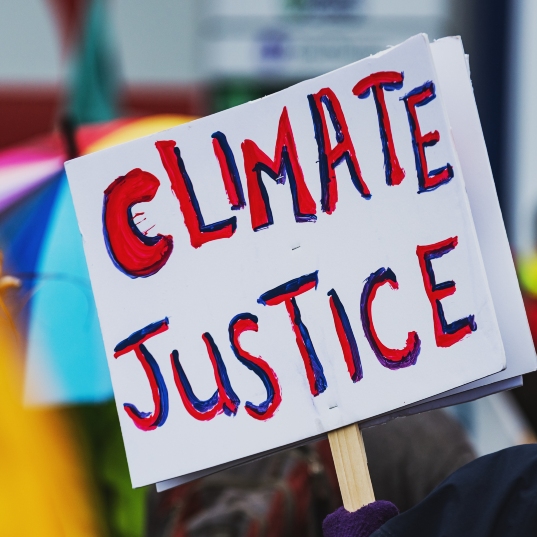 In developing countries, however, the figure increases to 10.7 % of GDP and some countries, such as the Republic of the Congo, owe 54.9 % of their GDP to the extraction of these resources. The World Economic Forum (WEF) states that, instead of using this income from nature to develop long-term institutions and human capital, it is often linked to an increase in conflict and corruption.
In developing countries, however, the figure increases to 10.7 % of GDP and some countries, such as the Republic of the Congo, owe 54.9 % of their GDP to the extraction of these resources. The World Economic Forum (WEF) states that, instead of using this income from nature to develop long-term institutions and human capital, it is often linked to an increase in conflict and corruption.
And this disparity is not limited to resource exploitation. There is significant inequality in their consumption as well. A WWF report comparing different carbon footprints (the relationship between human demand for existing resources and the ecological capacity to regenerate them) of EU Member States and those of other countries around the world, concludes that Europeans live as if they had 2.8 planets at their disposal.
Inequality is also an underlying factor in the effects of climate change, as its impact is not experienced in the same way around the world, with tropical countries being the most affected. According to the 2020 World Social Report: Inequality in a rapidly changing world, climate change has made poor countries even poorer. The document warns that if no immediate action is taken, in ten years, millions of people could end up in poverty.
If temperatures keep rising, inequality will also grow. For example, we would see an alarming rise in sea levels, which would expose 69 million people to natural disasters, like flooding in coastal areas. Access to water would also be affected and 410 million people would be exposed to drought and a lack of this resource.
Committing to a new sustainable economic model
Fortunately, in some parts of the world, governments and institutions have already started work and have begun to take steps to achieve an emission-neutral economy, which will protect biodiversity and help build more equitable and resilient societies.
Creating this new economic model requires governments and businesses to recognise the tremendous potential from investing in nature rather than exhausting their non-renewable resources. The Green Deal is a good example of the public and private sectors' commitment to this kind of green growth. It is an ambitious plan to fight against climate change with 50 concrete action measures and a major final objective: for Europe to achieve carbon neutrality by 2050, separating economic growth from the use of the planet's resources and reducing emissions by up to 55 % over the next 10 years.
However, ending inequality means no man gets left behind and transitioning to other forms of production and consumption must be fair. Investment is needed in developing countries and communities, which are often home to the most threatened habitats.
We are at an important crossroads for the future of humanity. Now is the time to address the climate emergency and to mobilise the solidarity and leadership needed to bring about the shift toward sustainable development. It is the only option to save the planet and achieve a fair society.
Sources: World Economic Forum, WWF


